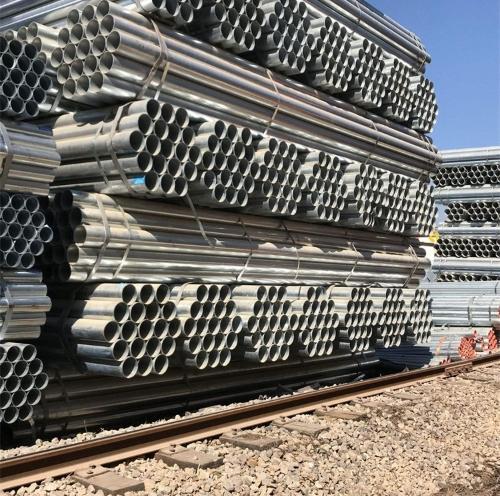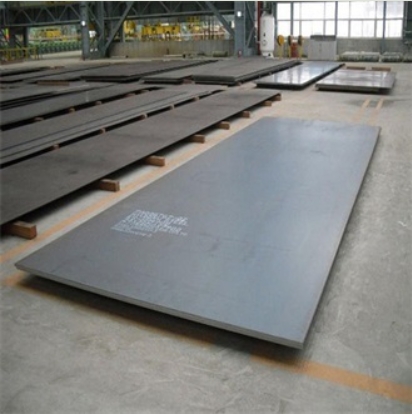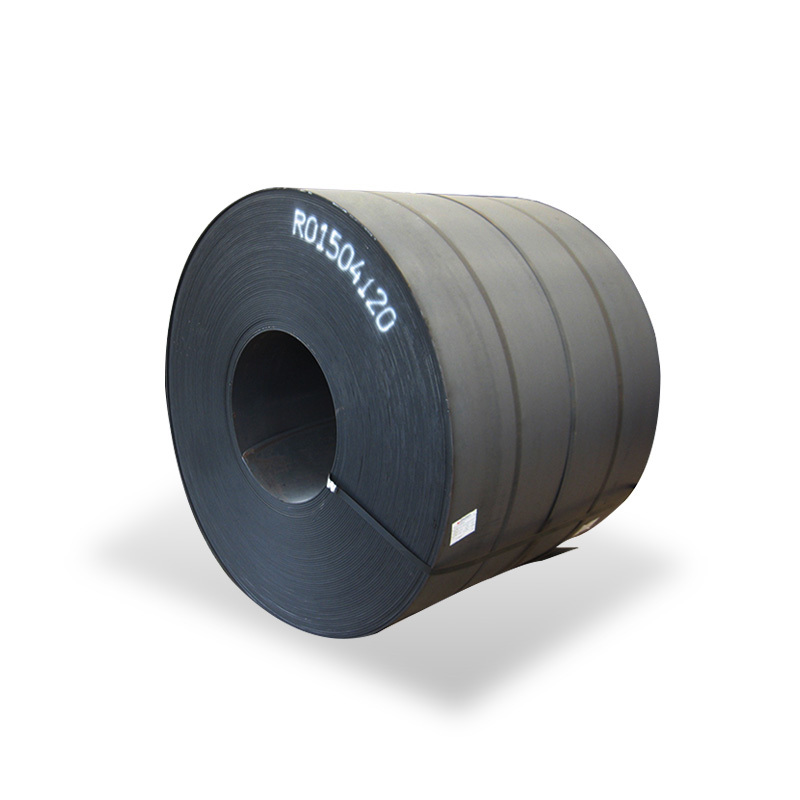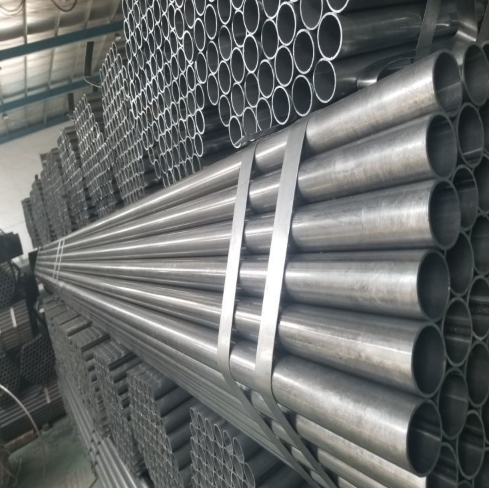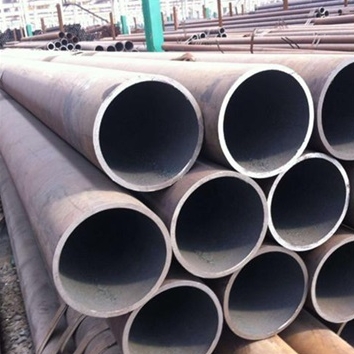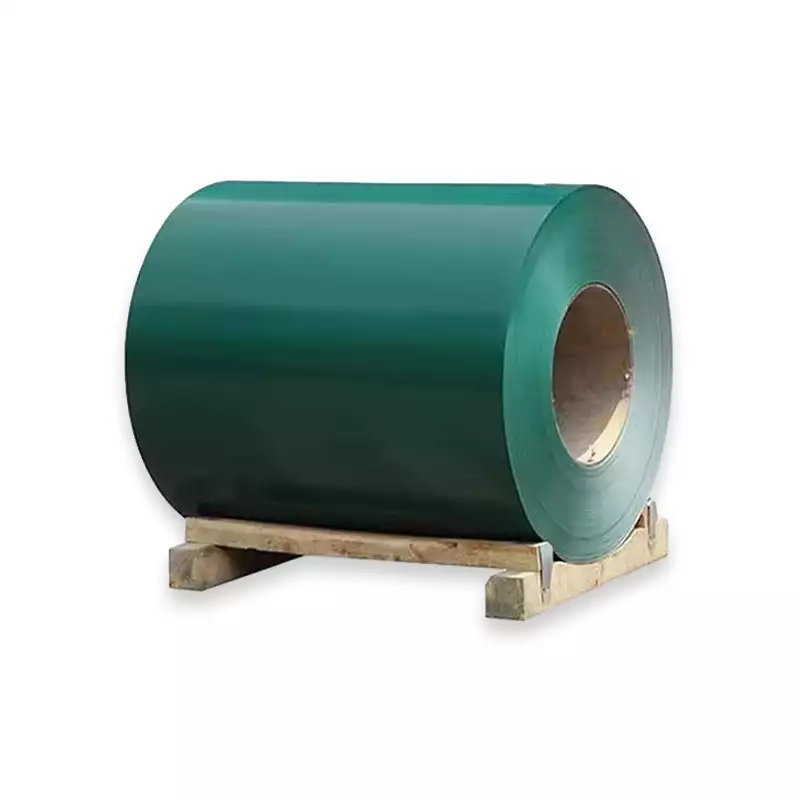In 2025, AISI 4140 alloy steel pipe prices remain broadly distributed by origin, product form and processing. For bulk orders the market-wide ballpark runs roughly USD 500–1,300 per metric tonne for standard grades and plain condition welded/seamless product FOB from Chinese mills, with India and some regional producers clustered in a similar band and U.S./EU stocked pieces sold at higher per-piece prices (and often higher landed cost). Final landed cost for machined, heat-treated, or certified API/ASTM items commonly increases by 10–40% depending on testing and finishing.
What AISI 4140 is
We treat AISI 4140 as a medium-carbon, chromium-molybdenum low-alloy steel (often called “chromoly”). It is designated SAE/AISI 4140 (UNS G41400) and appears in many national systems with near equivalents (for example EN 42CrMo4). The grade is chosen where higher hardenability, fatigue resistance and toughness are required compared with plain carbon grades.
Chemical composition
A standard 4140 analysis for commercial bar/tube commonly falls in these ranges (note: purchaser should always request the mill’s MTR/actual analysis):
-
Carbon (C): ~0.38–0.43%
-
Chromium (Cr): ~0.80–1.10%
-
Manganese (Mn): ~0.75–1.00%
-
Molybdenum (Mo): ~0.15–0.25%
-
Silicon (Si): ~0.15–0.30%
-
Phosphorus (P) and Sulfur (S): low trace limits (max ~0.03–0.04%)
-
Balance: iron (Fe).
These alloying elements give 4140 better strength and hardenability than 1020–1045 carbon steels while preserving reasonable toughness and machinability.
Mechanical properties & heat-treatment states
Mechanical numbers vary with heat treatment — engineers must specify the required temper/condition. Typical benchmarks in commonly supplied conditions:
-
Annealed / normalized: tensile ~550–750 MPa range; elongation acceptable for forming and machining.
-
Quenched & tempered: tensile strength can exceed 900 MPa in high-hardness tempers; hardness ranges from ~28 HRC (mild temper) to 55+ HRC (deep quenched & low temper).
-
Fatigue resistance & toughness: 4140 offers a good balance; this is why it’s used for shafts, axles, pinion journals and high-load tubes.
When specifying pressure or mechanical tubing, we always list the required mechanical minimums and the exact temper (e.g., normalized + QT at X°C then tempered to Y HRC).
Standards and specifications you must reference
For tubular products, ASTM A519 / A519M is the most commonly used mechanical tubing standard that explicitly lists 4140 as an accepted alloy in tubing manufacture (seamless hot-finished or cold-finished). Buyers should call out the ASTM designation and any supplementary requirements (e.g., hardness tests, hydrostatic test, PMI or specific tolerances).
Other related specifications that we commonly reference:
-
AMS/SAE designations for forgings and bars
-
ASTM A29/A29M for bars (if tube is machined from bar/hollow bar)
-
EN equivalents (e.g., 42CrMo4) when manufacturing or trading in Europe.
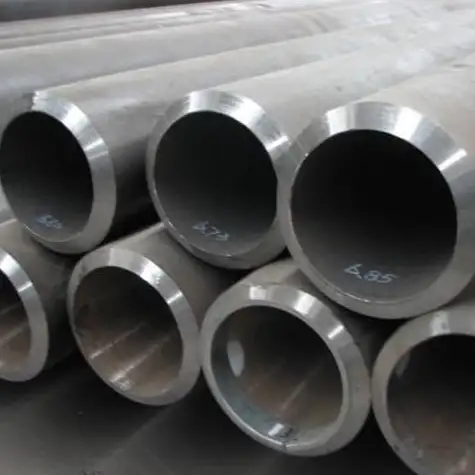
Manufacturing forms and finish options
4140 tubes and pipes come in multiple forms and finishes — each affects price:
-
Seamless hot-finished (HFS): common for mechanical tube; good for higher strength and concentricity. ASTM A519 covers these.
-
Cold-finished seamless (CDS): tighter tolerances, higher cost.
-
ERW/welded specialty (less common for 4140 mechanical tube): cheaper but must be specified if acceptable.
-
Honed/ground bores or precision OD: added processing increases unit cost.
-
Heat treatments: annealed, normalized, QT, or induction hardened finishes — each adds cost and must be specified.
Typical applications (where 4140 pipe wins)
We select 4140 when tubular components will see combined demands for strength, fatigue and some toughness: drive shafts, hydraulic cylinders, oilfield tubing for non-corrosive service, machine frames, heavy-duty axles, and structural members in rotating equipment.
Where corrosion resistance is primary (e.g., marine, chemical), stainless alloys may be better despite higher cost.
Machinability, welding and PWHT
4140 machines well in the annealed condition but becomes tougher after hardening. Welding is possible, but preheat and controlled post-weld heat treatment (PWHT) are typically required to avoid cracking, depending on thickness and joint type. We always ask for welding procedure qualifications when the tube will be joined on site.
Corrosion performance and surface options
By itself, 4140 is not stainless and will corrode if exposed. Common mitigation strategies include:
-
Protective coatings (paint, epoxy, zinc plating).
-
Surface hardening for wear (nitriding, induction hardening) — note these alter dimensions and must be specified.
-
Internal linings if used for fluid service.
We specify coating system and adhesion test when corrosion resistance is required.
Inspection, traceability & quality documents we require
To avoid disputes and ensure fitness for service we typically request:
-
Mill Test Report (MTR) showing chemical and mechanical test results.
-
Heat number traceability.
-
Relevant non-destructive testing (NDT) — e.g., eddy current, UT or hydrostatic testing if the application demands.
-
PMI (positive material identification) for critical buys.
-
Dimensional inspection and tolerance certificates.
Call these out in Purchase Orders — absence costs time and money.
Global price snapshot (practical table for 2025)
Notes before the table: Prices vary quickly. The table below synthesizes spot/listing and distributor data we checked in 2025 for representative bulk and small-volume channels — use for budgeting only and request firm quotes for ordering. Sources are indicated under the table.
| Region | Typical form quoted | Representative 2025 range (USD/metric tonne) | Notes / source |
|---|---|---|---|
| China (mill export, bulk FOB) | Seamless hot-finished 4140 tube (bulk lots) | US$700 – US$1,700 / t | Chinese supplier listings and B2B marketplaces show wide ranges depending on diameter, wall, and finish |
| India (domestic/market) | Small lots, traded coils / cut lengths | ~US$900 – US$1,400 / t (highly variable; some listings use INR/kg pricing) | Market listings and trade portals show variable low-end offers and higher local premiums depending on supplier. |
| USA (distributor, cut lengths) | Cut lengths, precision tube / bar | ~US$1,800 – US$3,200 / t (retail/distributor pricing) | US distributor retail for cut parts and small quantities often costs materially more per tonne than mill bulk quotes. |
| Europe (mill/distributor) | EN equivalent (42CrMo4) seamless tubes | ~US$1,500 – US$2,700 / t | European indexes and price services (MEPS) show regional premiums and sensitivity to HRC and alloy surcharges. |
| Global spot / small volumes (online marketplaces) | Small parcels, 1–2 pieces | higher, per-piece pricing (can exceed US$3,000/t equivalent) | Online retail prices for small pieces (cut bars, rods) are much higher on a per-tonne basis. |
How to read the table: mill FOB bulk lots from China typically offer the lowest per-tonne numbers; distributor/retail in US/EU for small cuts is the most expensive route (processing, logistics, inventory and smaller MOQ raise per-ton costs).
Price drivers — what to watch for
When we price a 4140 tube order we explicitly check these items — they explain most of the spread in the table:
-
Form & finish: seamless cold-drawn vs hot-finished vs welded — each step raises cost.
-
Quantity & MOQ: mills price per tonne; distributors charge for inventory/processing.
-
Heat treatment: QT or tempering in the mill adds process cost.
-
Dimensional tightness / tolerances: special tolerances need extra finishing (grinding, honing).
-
Surface finish and coatings.
-
Logistics, duties & tariffs: import duties or trade measures can add large regional premiums (watch current trade policy).
-
Alloy surcharges & scrap index: background ferroalloy, scrap and energy prices influence mill quotes.
Procurement checklist — what we put in the PO
To minimize rework and claims we include, at minimum:
-
Exact steel grade (AISI 4140 / UNS G41400) and any equivalent standard (EN 42CrMo4).
-
ASTM/EN standard required (e.g., ASTM A519, A29 if applicable).
-
Condition (annealed, normalized, QT + temper details or hardness range).
-
Dimensional spec with tolerances and straightness.
-
NDT & testing (hydrostatic, UT, PMI, hardness tests).
-
Documentation: MTR, HN traceability, certificate number and inspector acceptance.
-
Packing & shipping (packaging for sea freight, rust inhibitor, etc.).
-
Delivery incoterm, lead time, and liquidated damages or acceptance terms.
Lead times, MOQ and logistics
-
Chinese mills: for standard sizes, lead times can be 2–8 weeks depending on backlog and heat treatment. Bulk MOQ often 1–5 tonnes per size but for some mills 10 t lots are common.
-
Distributors (US/EU): often ship in days for stocked sizes but cutting and testing add days; custom tempers add several weeks.
-
Shipping & duties: allow extra time for customs clearance and certifications when importing.
Environmental, recycling & regulatory notes
4140 is recyclable as general ferrous scrap. For regulated sectors (pressure vessels, oil & gas) ensure that the mill’s quality system complies with relevant regulatory frameworks and that any environmental declarations or RoHS/REACH concerns are resolved for coated products.
FAQs
Q1 — Is 4140 a pressure-pipe grade?
A: 4140 itself is a mechanical alloy; for pressure piping you must ensure the applicable pipe standard (e.g., API or ASME) accepts the grade and that design stress and NDE requirements are met. ASTM A519 covers mechanical tubing commonly used for mechanical and structural service.
Q2 — How much more does 4140 cost than plain carbon (e.g., A106/A53) per tonne?
A: Expect a premium roughly in the range of 10–60% depending on region and processing; the alloying and heat-treat steps drive the premium. Use the supplier quotes in the table as a budgeting start.
Q3 — Can I weld 4140 pipe without PWHT?
A: Welding 4140 without preheat/PWHT risks hydrogen cracking in many cases. If welding in the annealed condition and with qualified procedures the risk is lower; for quenched or high-hardness sections PWHT is generally required. Always qualify the procedure.
Q4 — What inspection documents should I insist on?
A: Mill Test Report (MTR), heat number traceability, hardness & tensile test results for the heat, and any NDT required by your application (UT, hydro, PMI). These avoid surprises.
Q5 — Best way to reduce unit cost?
A: Buy larger lots, accept hot-finished (not cold-drawn) where tolerances are looser, and bundle multiple sizes to one supplier to reduce handling. Ask for direct mill FOB quotes and compare delivered cost, not only mill price.



